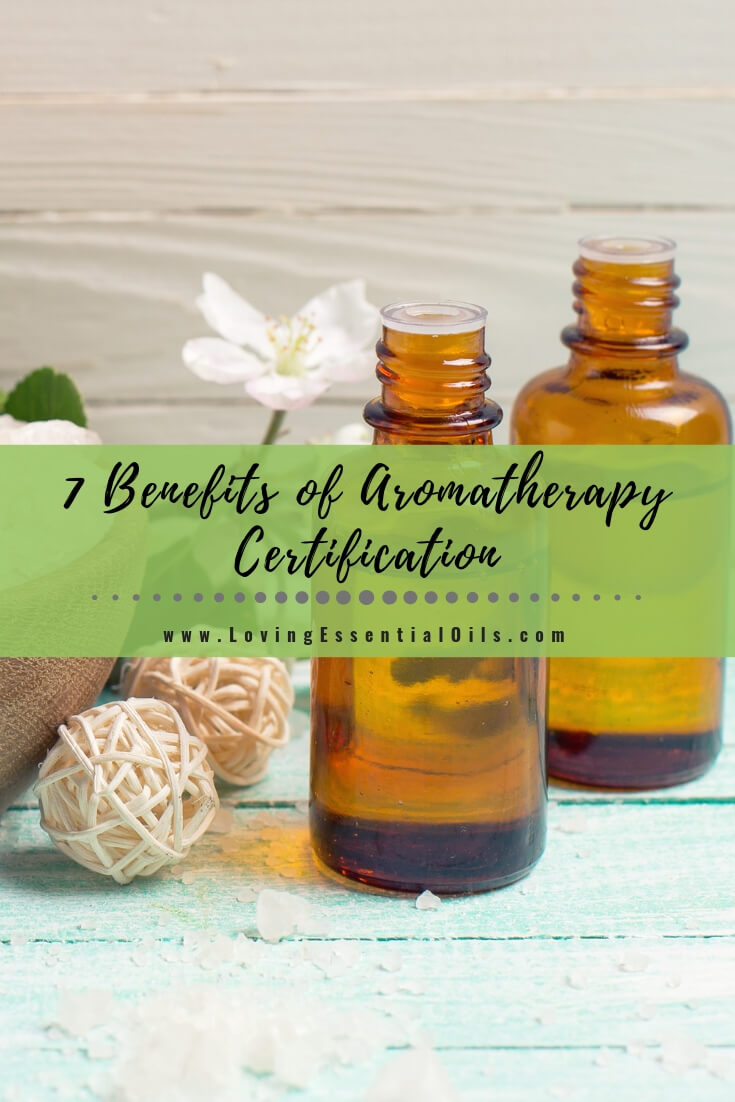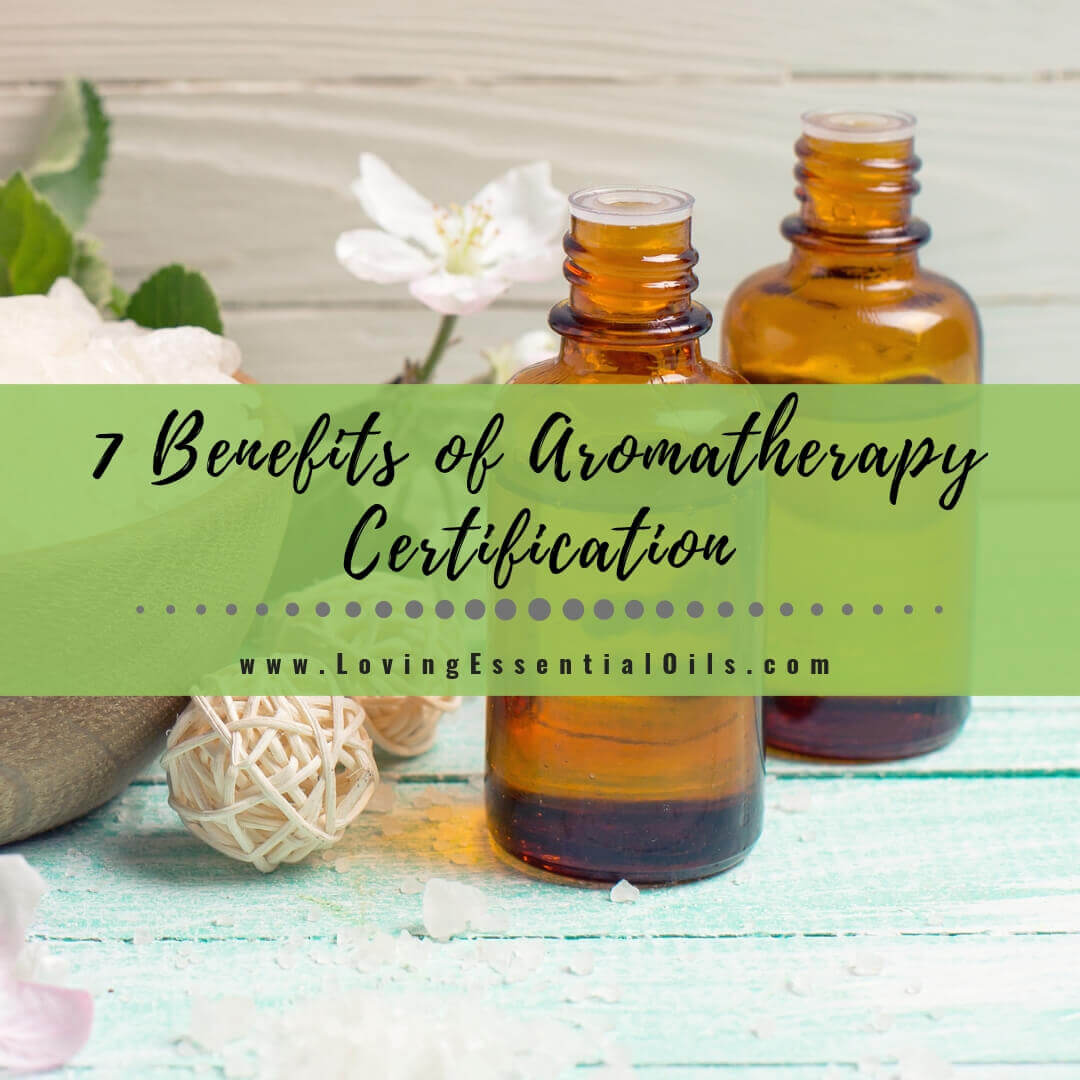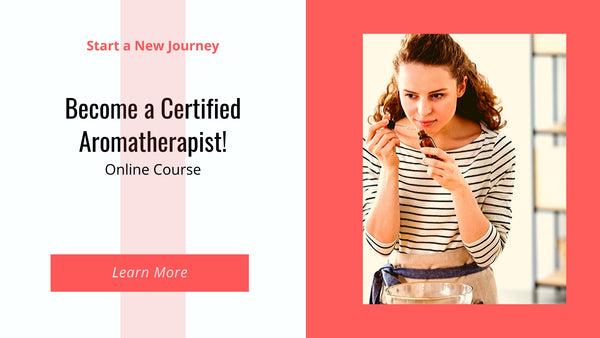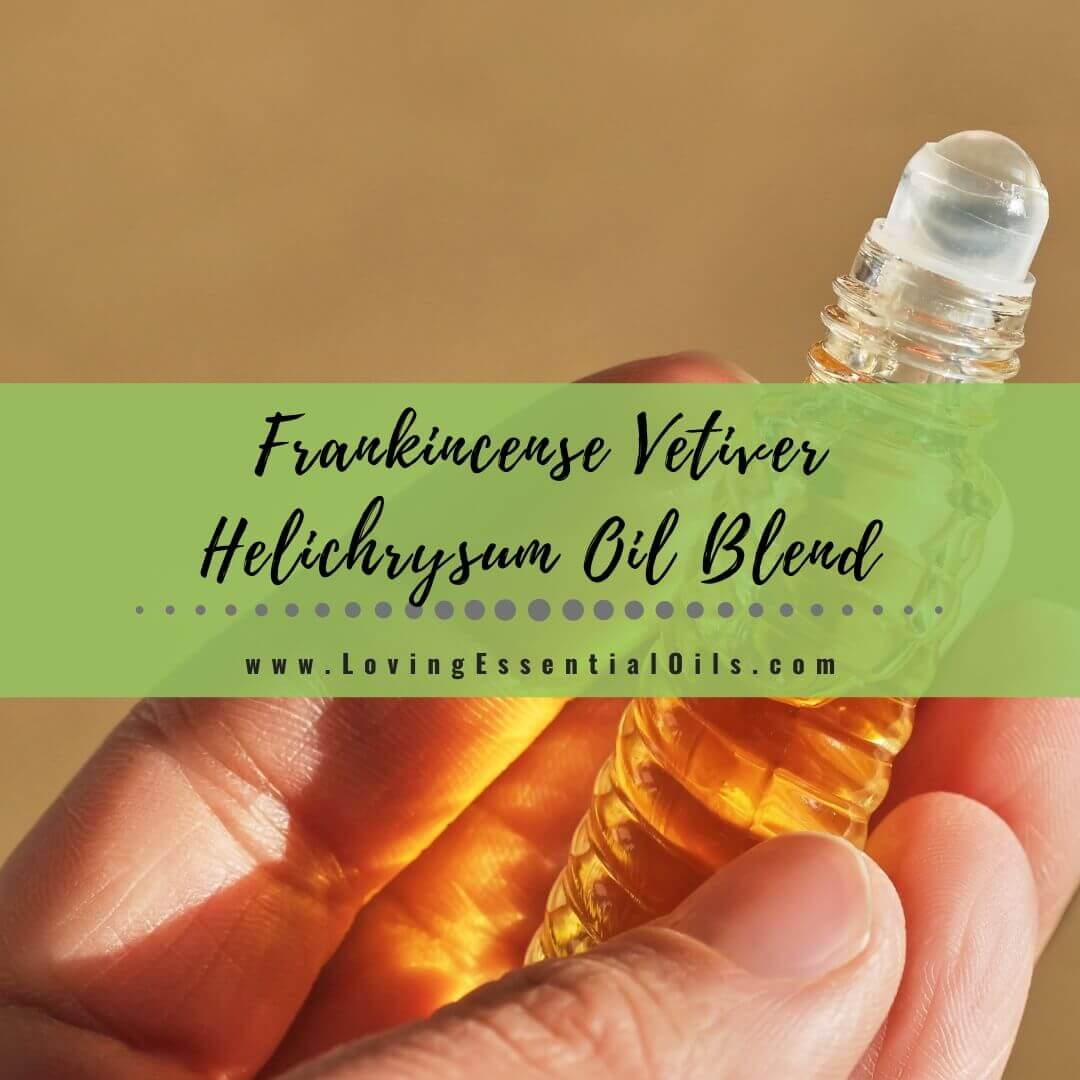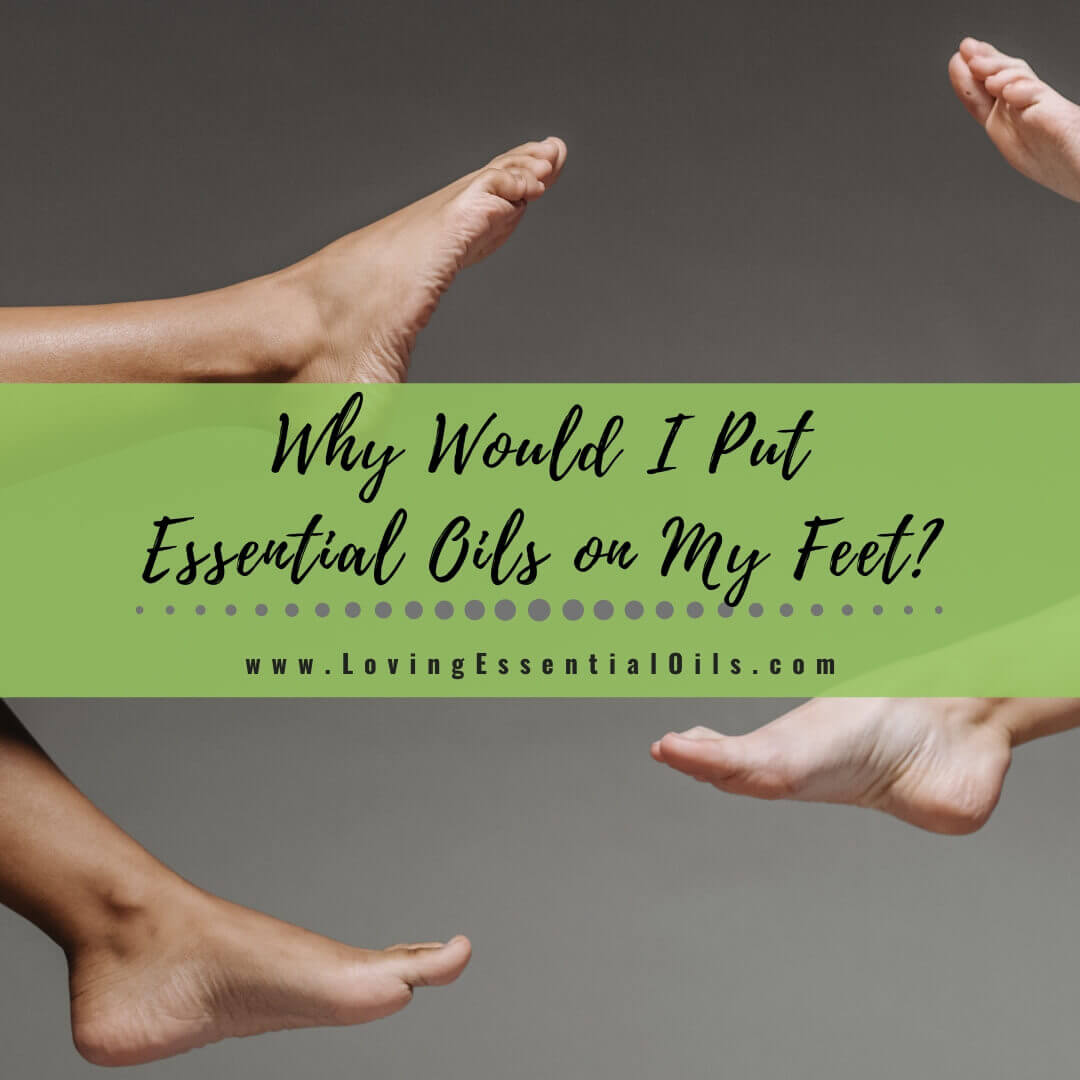Essential Oil Wellness Advocate? Essential Oil Mamma? Massage Therapist? Here is Why You Should Get Certified… Nationally Certified!
So you’re a big fan of essential oils, diffusers, and looking at hours of Pinterest blend recipes to bookmark for later. You’re wanting to learn more, more than the foundations of aromatherapy.
You want to know what the differences are between Roman Chamomile and German Chamomile. What constituents are and how you can choose an essential oil based on them. You want to learn how to create your own aromatherapy blends.
You’ve decided...you’re going to get certified.
Aromatherapy Certificate Program
Aromatherapy is a form of therapy that uses essential oils to promote wellbeing.
There’s a wicked truth out there in the world of aromatherapy and essential oils. Anyone that has taken a course in aromatherapy, whether it was 30 minutes or the 250 hours for a Level 2 Clinical course, can call themselves certified if there was a certificate of completion issued.
Having a certificate and being nationally certified are completely different things. Nationally certified aromatherapists have the training to practice their craft.
So what does “nationally certified” mean?
What is a Certified Aromatherapist?
There are only some schools that can issue a certificate that will be valid to the national aromatherapy agencies of value; the NAHA (National Association of Holistic Aromatherapists) and AIA (Alliance of International Aromatherapists).
These governing agencies are the gold-standard for aromatherapy, and they are picky about who they accept. These schools have:
- Submitted curriculums (including Anatomy and Physiology)
- Signed to keep their schools constantly updated
- Adhere to a set of professional ethics
- They’ve licensed themselves as a true business
These agencies give you, the essential oil enthusiast, some safeguards that your education will be complete afterward and that your money isn’t going to disappear in some fly-by-night “school”.

How to Become a Certified Aromatherapist
But what’s the big deal? Any aromatherapy education is good, right? Wrong.
There’s some fundamentally bad information out there on the web, and if you aren’t digging into the background of the people that are giving you that information, you could be learning things that are untrue.
The AIA and the NAHA go to great strides to make sure that the curriculum of the schools that they approve meets certain standards. These education standards make sure that when you graduate, you can easily apply for individual membership in these organizations.
So if you’re thinking of getting a professional certification, consider an NAHA approved school to ensure a well-rounded education that includes botany, chemistry, anatomy, proper blending, in-depth looks at essential oil constituents and more.
7 Benefits of Aromatherapy Certification
If you're looking for a new way to improve your overall wellness, aromatherapy certification may be the perfect option for you. By becoming certified in aromatherapy, you can learn how to use these powerful oils to improve your health, mood, and more. Here are seven benefits of aromatherapist certification.
1. Enhance a Holistic Health Career
Are you already a natural health professional? Whether you are a massage therapist, acupuncturist, herbalist, chiropractor, reiki bodywork therapist or other holistic healing practitioner, aroma therapy certification could give you a boost on clients and income.
After a true aromatherapy certification program, you can add another set of letters after your name, C.A., and do so on any marketing material you have. By adding Certified Aromatherapist to your practice you’re able to enhance your client’s wellness easily by using pure essential oils in your practice.
2. Boost Safety in Handmade Products
Another benefit is for those that make skincare products, bath items (bath salts), or other crafts like custom heat pads and such. Knowing how to use essential oils and their true safety parameters can give you the confidence to include essential oils in your crafts and turn away from fragrance oils and other unnatural ingredients.
3. Start a New Aromatherapy Career
For those that don’t already have a day job where aromatherapy can enhance, you can hang yourself a shingle to practice aromatherapy on your own in a clinical setting. One of the things that are included in all true certification courses is a section on business. From creating your intake form to how to get insurance.
4. Reduce Essential Oil Accidents
You may know that you should use a 2% dilution for your roller bottle mix but do you know that one of the oils you’re using – Cassia- has a 0.05% maximum rate? Putting 2% of Cassia has an overwhelming chance to give skin sensitivity or worse.
Proper education can help you stay safe to avoid safety issues while using essential oils.
5. Ability to be a NAHA or AIA Member
Both agencies have great membership benefits that are only attained if you’re certified. From less expensive and proper insurance to help cover you while you’re practicing, to free webinars and podcasts to continue your learning, to being able to use their seals in your marketing.
Being a recognized member of these agencies can raise you up and help distinguish you from other, less educated essential oil users.
6. Write, Sell Aromatherapy Products, Lecture, or Teach
Take your love of aromatherapy and pure essential oils to the next level and become an expert. Becoming certified in aromatherapy will give you the confidence to teach and educate others.
Create your own thriving community and bring real change to your community in a way that you may not expect.
7. Enhance Your Health
Getting certified can also help boost your own health and wellbeing as you learn how to safely blend items for your own holistic health. You’ll never have to “take the Internets word” that a blend is safe because you will have the training to know the red flags on blending and usage.

Steps to Getting Aromatherapy Certified
So, now that you’ve decided to get certified, what now?
Step 1. Choose your path
Level 1: Do you want to learn the Level 1 aromatherapy, a 50-hour course that is designed for personal use and not for a professional setting? This is best if you just want to expand your own learning to make sure your handmade items and your blendings are safe and you understand fully about the usage requirements of the oils.
Level 2: Level 2 aromatherapy is a 200 hour plus education that will give you what you need for professional use.
Step 2. Choose your School
Finding an aromatherapist school and program is one of the most important aspects of your training. You can get more details on our favorite NAHA approved and AIA recognized school, plus attend a free webinar, just click here or picture:
Step 3. Take your Training Program slow and methodical
Make sure that you understand things fully; do not rush. Your training will take on online course work, home study, tests, book reports, research paper, and several research projects that will require you to submit blends and profiles to ensure you’re grasping the information.
Step 4. Make your Case Studies
Case studies are intake forms where you receive information from family and friends as if they were clients and you do a full workup as if you were in a clinic. You’ll give your thoughts, your treatment plan, and then provide followup.
TIP: These are some of the most time-consuming projects during your certification course load and I would suggest spreading them out throughout the teaching process and not leaving them until the very end.
Step 5. Submit your Final Exam
When you believe you’ve thoroughly grasped the information, take the final exam and wait for your results. Don't worry, you will do great!
Step 6. Get your Aromatherapy Certification
Once you pass your final you’ll get your certificate where you can hang it at your practice and submit it to NAHA and/or AIA for your own membership. NAHA membership can be a worthwhile thing for those looking to increase their clout in the essential oil community.
Certification can be worthwhile even if you’re not wanting to branch out on your own or expand your day job. Personal certification can give you confidence and help answer many of your questions on how essential oils work and the chemistry background to blend them safely.
Ready To Get Certified?
Here is the aromatherapist school that Loving Essential Oils founder and owner, Jennifer Lane, got her certification through and highly recommends:
About the Author
Tina Samuels, C.A. received her certification and went on to have a holistic reflexology/reiki bodywork practice where her training helps enhance the care her clients receive. She is the owner of Rome Bodywork and Wellness.
Share on Pinterest
